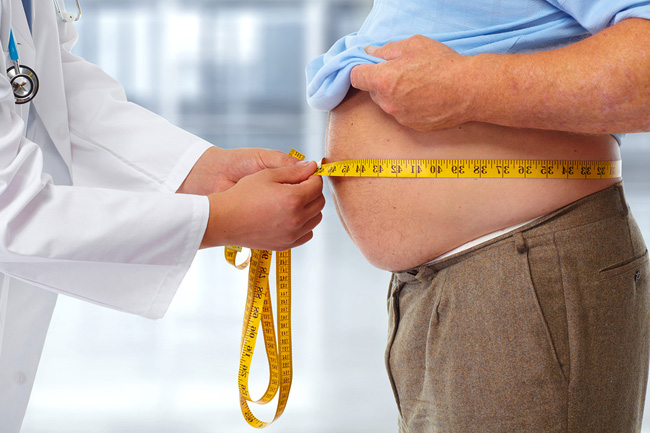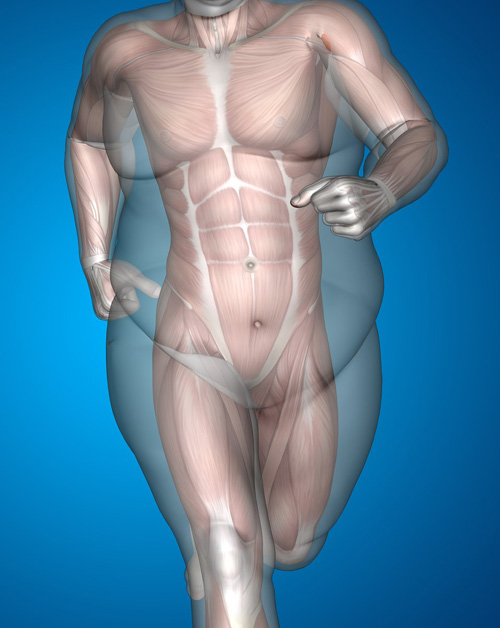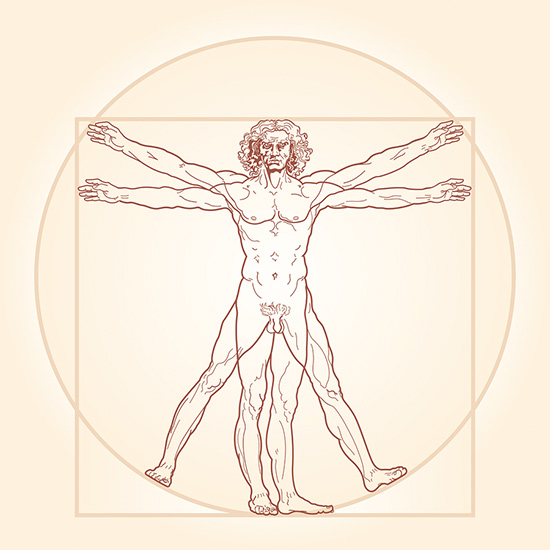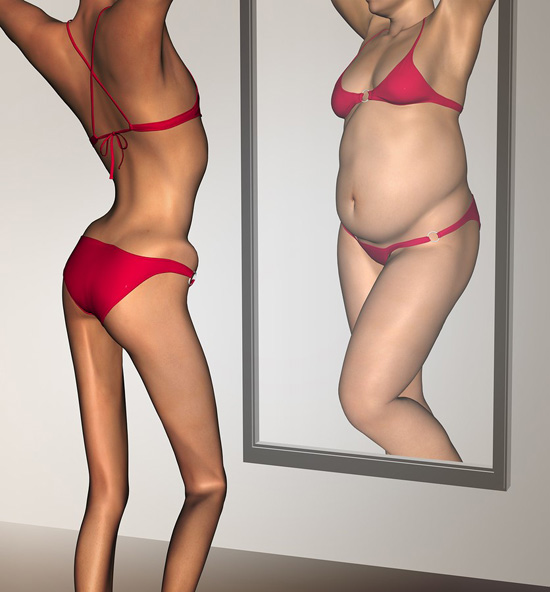What is Body Composition?
Before I answer the question, "What is body composition?" I want to tell you what it isn't.
 Big bellies are an indicator of visceral fat.
Big bellies are an indicator of visceral fat.Body composition is not about beauty. It’s about health and fitness. It’s about living a long, healthy, and productive life to
the end – not dependent on a walker, a wheelchair, medications, or other
people throughout your days.
Body composition is also not about how much you weigh, because the bathroom scale doesn't give you the whole picture. Some of the factors that affect the scale include: difference between fat and lean weight, bloating, and dehydration. As you continue to exercise and eat a healthy diet, you will begin to gain muscle and lose body fat, in which case you will probably weigh more.
Visceral fat is toxic, causes inflammation, and is a major contributor to disease in the body.
Body Composition Percentages
Men – lower than 17% is good; (the “average” man is 18-24%).
Women – lower than 25% is good (the “average” woman is 25-31%).
Remember, as you read the word “average,” that the average American is overweight. That is why the “averages” you hear and read about in health statistics do not necessarily mean healthy or optimal.
People who are overweight can pass their annual physicals, but that will change as the extra fat begins to wreak havoc on their body over the years.
Excess body fat puts additional stress on the body’s organs and joints. According to the Arthritis Foundation, every pound of body fat exerts approximately 4 pounds of extra pressure on the knees.
Imagine that! If you are toting around 10 pounds of body fat, your precious knees are under 40 pounds of added pressure. Is it any wonder that obese individuals walk as if their knees and ankles are collapsing?
Genetics and Obesity
"But, everyone in my family is fat!"
It is likely that the biggest problem you have with fat is in your jeans – not your genes. The genetics argument has been a good excuse for many; but, according to the science of epigenetics, other factors determine if, when, and how a fat gene will express.
Even if you carry a fat gene that has or has not expressed, body composition is related to your lifestyle choices. Families grow up in, and share, similar lifestyles. Overweight families are less active. They not only eat more, they are eating the same types of things.
Show me an obese octogenarian or septuagenarian. You will be hard-pressed to do so because obese individuals do not live long, or healthy, lives.
 Inside every overweight body is a fit one.
Inside every overweight body is a fit one.Best Weight Loss Diet
Looking to go on another weight loss diet?
How many of those have you, or someone you know, been on? The answer to maintaining a healthy muscle-fat ratio is to change your lifestyle.
If you maintain a healthy diet and get the right kinds of exercise (strength training and aerobics) your body composition will begin to change for the better, even if you don’t make fat loss your main goal.
Check out Peloton Bikes and Equipment at Amazon
Obesity Risks
- Coronary heart disease
- Increased mortality rate
Okinawans have high life-expectancy rates, and are among the healthiest people in the world. They have a saying, "Hara hachi bu!" It means to eat until you are 80% full. This is good advice, coming from people whose bodies are evidence that their lifestyle choices are working!
More Topics That May Interest You
Some of the advertisers on my website are affiliate partners, which means that I may receive a small commission from any sale, at no extra cost to you.
For example, the Amazon affiliate advertising program is designed to provide a means for sites to earn fees by advertising and linking to amazon.com.
Your tips and purchases help to support this free-information website.
Thank you.
The content of this website is for informational purposes only and not intended to be taken as a replacement for professional medical advice, care, diagnosis or treatment by a doctor, dietitian, physical therapist, nutritionist or fitness instructor.
DO NOT BEGIN ANY EXERCISE PROGRAM WITHOUT CHECKING WITH YOUR DOCTOR FOR UNDERLYING CONDITIONS THAT MAY PREVENT YOU FROM DOING SO.







